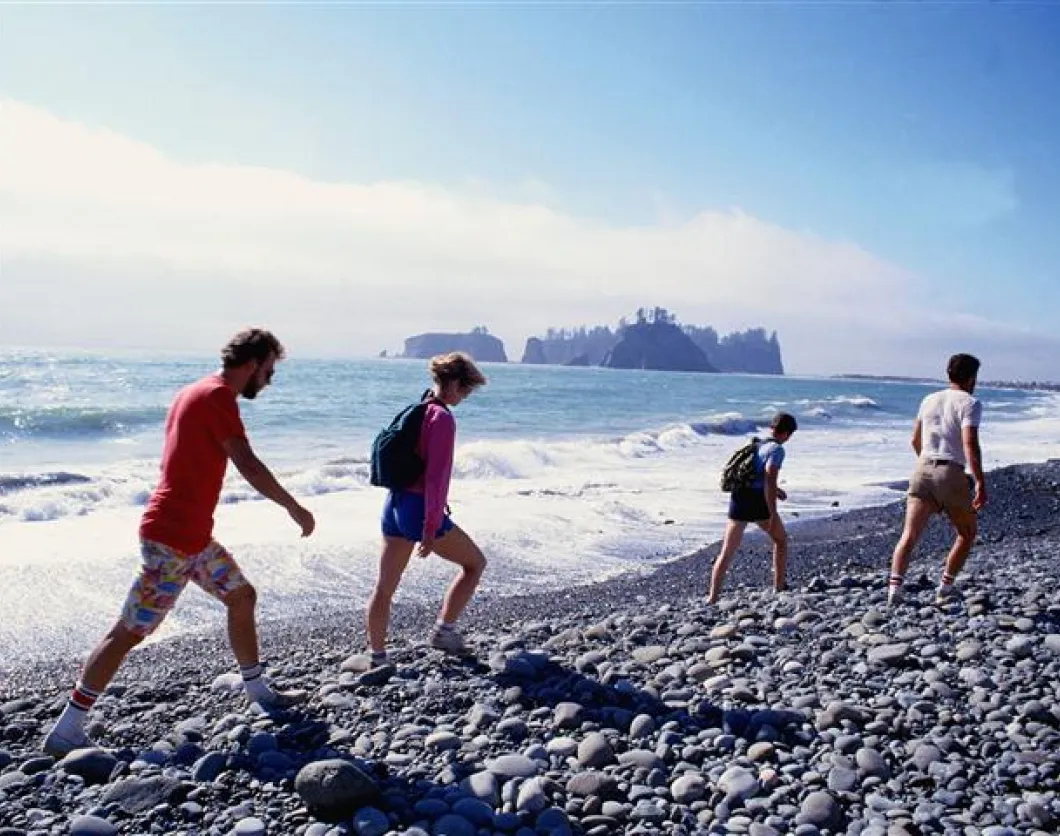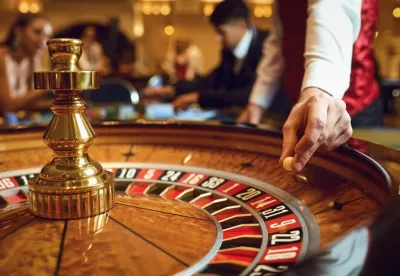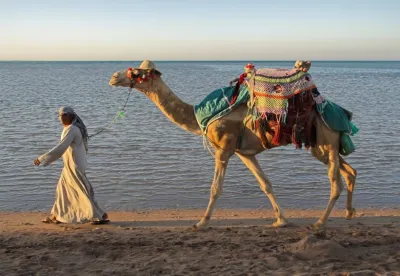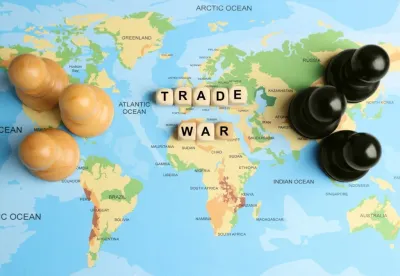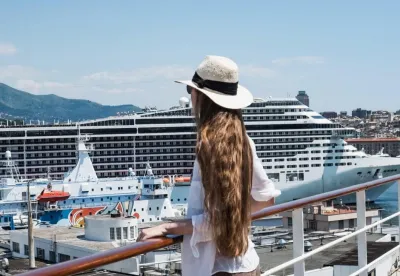Travel is undergoing a profound and even revolutionary shift, according to a broad new study by the leading global communications agency Euro RSCG Worldwide. The results of the study were released in KNOW magazine's "The Future of Travel: The New Vocabulary of Travel and Tourism." KNOW is a publication of the Euro RSCG Worldwide Knowledge Exchange, a global initiative that pushes knowledge and insights across the Euro RSCG network of agencies.
Analyzing the findings of its study of 2,357 adults in the U.S., France, and the U.K., Euro RSCG reveals how changes in consumer consciousness are molding entirely new modes of travel — and a new industry to service them.
"For years, people have regarded travel as a way to splurge, an indulgence centered on escapism and fun," said Marian Salzman, president of Euro RSCG Worldwide PR, North America. "Now, we're looking to make our travel experiences more meaningful and better aligned with our personal values and goals. With millions of people wanting to feel good about the impact they have on the world, there's been a reboot of travel values and expectations."
The study places a special focus on the segment of respondents identified as Prosumers. This highly influential group is ahead of the curve in adopting a more mindful approach to consumption that incorporates concern for the environment, local communities, and the global citizenry. For Prosumers, travel is about much more than getting from Point A to Point B and back again. According to the study:
- 66% consider themselves "Citizens of the World," suggesting a more globally minded attitude and approach.
- 73% believe extensive travel is key to making a person more interesting.
- And 59% contend that where and how they travel says a lot about who they are.
Where and how Prosumers travel is undergoing a decisive shift, as detailed in the report. Their objectives for vacation periods are changing and so are the demands they are placing on their brand partners. To lead in the category going forward, it is vital that brands fulfill these four imperatives:
- Accept and embrace "green" as the standard way of doing business
- Offer products and services that satisfy Prosumers' desire to live more mindfully
- Master social media in order to engage Prosumers before, during, and after each travel experience
- Embrace the new models of luxury and customer service Euro RSCG has identified
Awareness of environmental impact has been all but absent from most travel considerations until recently. "Whereas not so long ago the issue of 'going green' was one of exhortation and persuasion," KNOW magazine explains, "now it is more a matter of shade, degree, and implementation." Brands and companies are finding that eco-consciousness has progressed from a fringe notion to a business mandate. Euro RSCG research into the New Consumer (2009) has found that 74% of Prosumers feel good about making environmentally friendly choices, and 63% are paying more attention to the environmental and social impact of the products they buy. Travel and hospitality brands are speaking to this heightened consciousness through such means as eco-accommodations built with reclaimed and recycled materials, "100 mile" menus centered on locally produced foods, energy-efficient "EcoRooms," and rewarding travelers for their green behaviors.
Also revolutionizing the category is an emerging mindfulness among consumers fed up with excess consumption and our increasingly artificial, disconnected way of living. Euro RSCG has found that people are hungry for greater meaning in their lives:
- 79% of Prosumers worry that society has become too shallow, focusing on things that don't really matter.
- 66% worry that people have become too disconnected from the natural world, while 53% worry that digital communications are weakening human bonds.
- Alarmed by current realities, 84% are making a real effort to improve who they are and how they live.
"New modes of travel — including cultural and educational tourism, geotourism, voluntourism, and so-called slow travel — are catering to this newly emerging desire for more," said Claus Lindorff, managing director of Euro RSCG agency BETC Luxe. "The shifts in mindset behind these new modes of travel have been building strength for years. What has brought them to a broader market is the ascendancy of social media. Now that mainstream consumers can participate in real-time communities focused on a new approach to travel and living, this hyper-focus on social values in travel has blossomed."
For brands, social media offer creative ways to keep Prosumers engaged well before and long after each actual travel event. New York City's Pod Hotel saw sales and traffic spike 40% after it created PodCulture, a closed social network in which guests can connect with one another and schedule get-togethers in advance of their stays. Such smart use of social media keeps brand conversations going and carries tremendous scope for a new generation of customer service offerings. This is of particular importance at a time when luxury and service are being redefined by consumers sick of tinny smiles and canned responses, and eager to engage with the real people behind the brand.
Understanding this emerging world of travel — with all its overlapping and interconnected trends — will be vital for any brand looking to grow in the space.
By Lisa Vanella


